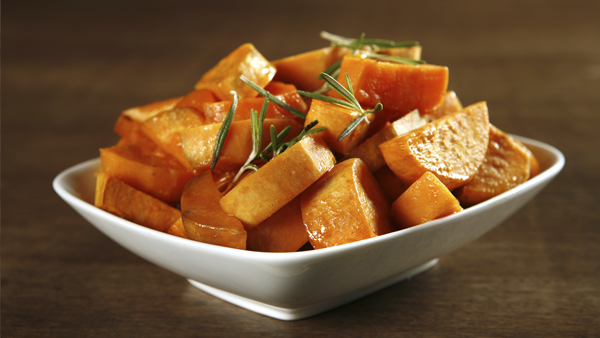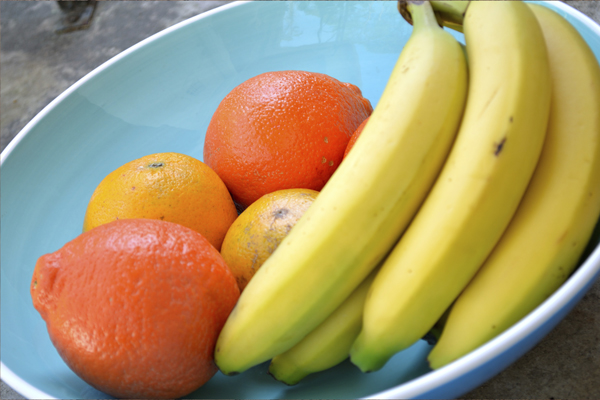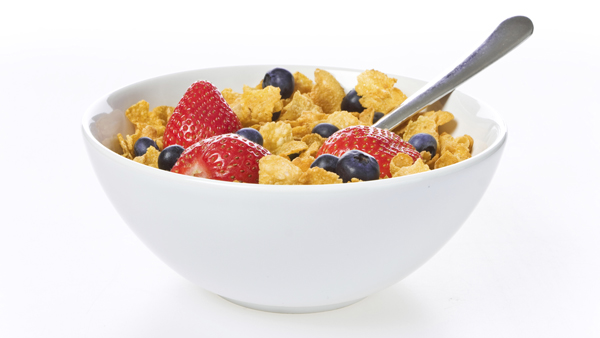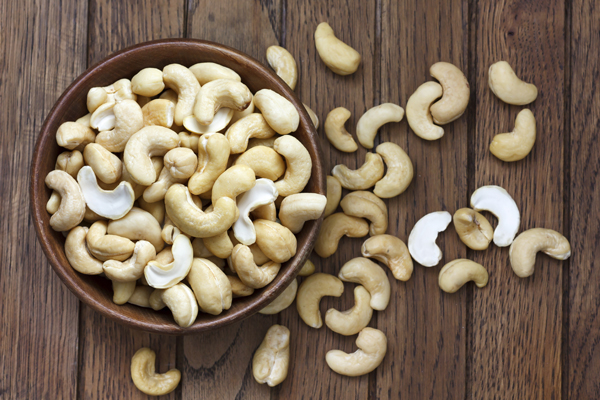Foods that can prevent hearing loss

While your sense of hearing can naturally fade with age, a few relatively simple lifestyle choices – starting today – can help keep it at bay.
A balanced diet is vital for the body, and your ears are no exception. Based on recent research and current scientific understanding, the vitamins and minerals below are among the most likely to reduce your risk of hearing loss.
Are they guaranteed to work? Your body is unique to you alone, and nothing in nutrition is guaranteed. But as these ingredients have great benefits for the rest of your body, now is a great time to book a hearing test and consider a plan with your dietician or GP.

Vitamin A
This can have a phenomenal long-term impact on our hearing health. One major study of over-50s patients suggested those with a strong vitamin A intake could have 47% reduced risk of future hearing loss.
Carrots, sweet potatoes and kale are among the most common sources of vitamin A. Work them into your next stir-fry or roast for an easy (and delicious) boost.

Omega-3 fatty acids
Two servings of fish per week could make a world of difference for your long-term hearing.
Omega-3 is an “essential fatty acid”, named as such because it’s instrumental to our health, yet cannot be synthesised in our bodies; we need it in our diet.
Researchers are keeping a very keen eye on essential fatty acids, which studies have also tied to potentially reduced risks of cancer, heart disease, inflammation and dementia. If fish is only an occasional dinner in your household, now could be the time to re-evaluate.

Potassium
Your inner ear fluids depend on a strong supply of potassium to function properly. This helps convert the sounds you hear into signals the brain can understand.
As these potassium levels will drop over age, it’s more important than ever to keep it in your diet. Potatoes, spinach, melons, bananas and oranges are all great potassium-rich food sources.

Zinc
Zinc keeps your immune system functioning, playing a major role in healing wounds. This is particularly useful when it comes to ear infections and related hearing loss. At least one study has also suggested that zinc can help improve recovery after issues with sudden hearing loss.
The body doesn’t store zinc, so while you only need a little, it’s important to get some every day.
Breakfast foods high in zinc include fortified breakfast cereals, porridge and wheat germ. For snacks, try cashews, almonds or chickpeas. For dinner, red meat can be a great source of zinc. And while they’re harder to come by, cooked oysters are among the best sources of zinc you’ll find.

Magnesium
While researchers are still trying to determine the precise link between magnesium and hearing health, recent studies have suggested it could help protect the ear against noise damage.
Once again, spinach, nuts and fish are great places to start. Another rule of thumb is to look out for foods rich in fibre, as they tend to contain magnesium as well.
If you have a sweet tooth, we have great news: even the occasional square of dark chocolate contains a small but important amount of magnesium.
Which of these vitamins and minerals are you working into your diet?
Are you concerned about hearing loss? Book a free* hearing checkup today for your chance to win one of 20 Apple Watches!
This piece has been sponsored by AudioClinic. It was written as we feel it offers valuable insights into a subject important to the health and wellbeing of the Starts at 60 community. Click here to learn more.








 Proudly Australian owned and operated
Proudly Australian owned and operated